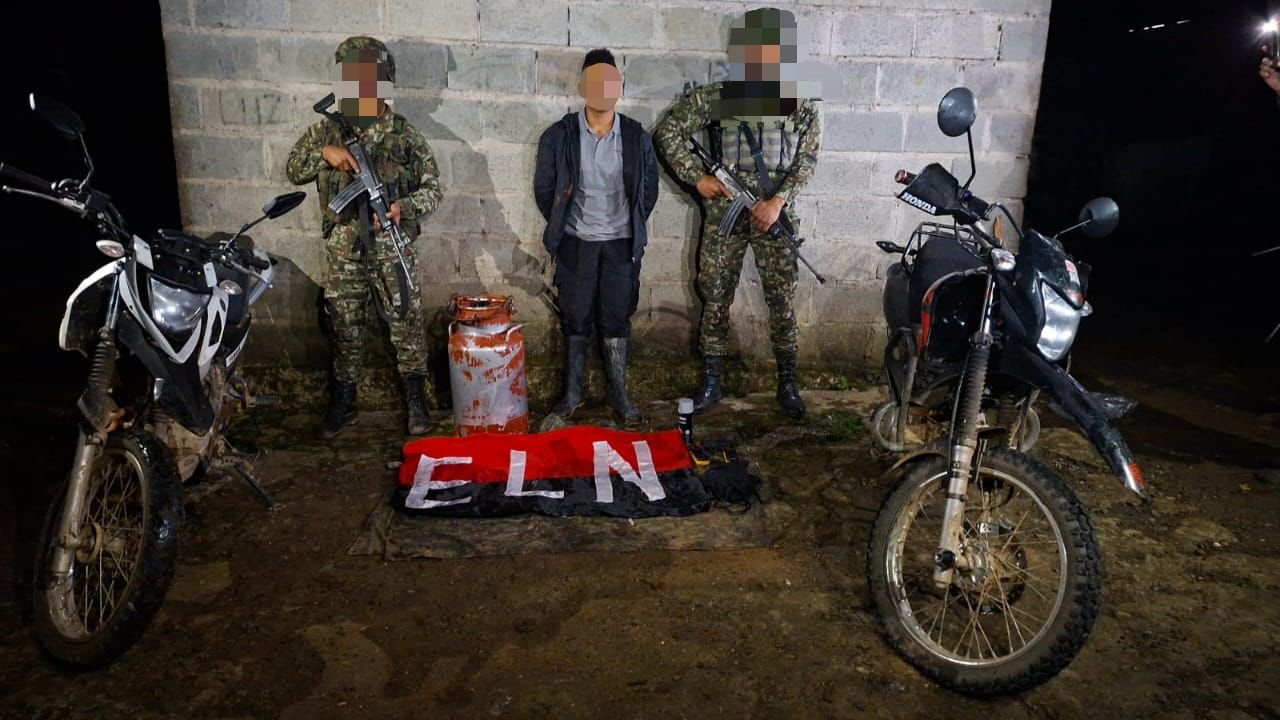Jenny Boyle expresses her opinions about the recently implemented trial of women-only Transmilenio sections.
The Transmilenio debate has opened up a nasty can of worms in Bogotá, as people have been reacting at both extremes to the proposal put forward at the end of February for women-only sections in the buses.
There is no denying that the issue of sexual harassment on public transport is one that needs to be brought to public attention as much and as often as possible.
In 2013, 109 cases of sexual harassment involving women on the Transmilenio were reported. Many believe the figure is much higher, as women will often be unwilling to report incidents due to shame, fear of repercussion or the (fairly reasonable) belief that nothing will come of it.
Following the release of these statistics from 2013, the ten cases reported since the start of this year and the public indignation at both of the above, the Secretary for Women’s Issues stepped in and decided to create women-only spaces on the buses during rush hour. Bogotá will be following in the footsteps of cities such as Rio de Janeiro, Mexico City and Guatemala City in Latin America alone.
The problem with these ‘solutions’ is that they actually aren’t solutions at all. By merely separating the sexes, the message being sent is that sexual harassment is an inevitable and banal evil that cannot be stopped and must merely be dealt with, implying that men cannot control their behaviour and therefore cannot be held accountable for their actions when it comes to sexually threatening behaviour towards women.
It also ends up putting the responsibility for avoidance at the feet of female travellers, by leaving them vulnerable to accusations of not standing in the right section, thereby making themselves open to harassment.
So surely this is not the answer: to tell victims just to stand further away from their aggressors? This seems dangerously close to the opinions espoused by Andres Jaramillo, owner of Chia’s landmark club Andres Carne de Res, who claims that the woman who was raped in the car park of his club was to blame because she was wearing a miniskirt.
This is an incredibly old fashioned viewpoint; the women, as temptresses, driving men into such a frenzy of sexual excitement that they cannot control themselves. This turns women from victims into culprits (who should know better) and acquits men of the crimes they have committed.
We know nowadays that this is not the case. Sexual harassment is an act of power and domination, not one of uncontrolled lust. It flourishes in societies all over the world where the personal agency of women is undermined by their total objectification; when women are viewed as objects of sexual desire, that may be leered over and dehumanised in all forms of media, it does not require a huge leap of imagination to assume that this could extend into the real world.
Consequently, nowadays in Bogotá it is more important than ever to be talking about this. There are deeply ingrained stereotypes in Colombian culture regarding the roles of men and women that are deeply restrictive to both.
It cannot be denied that in an overly machista culture that does not allow true freedom of expression, men suffer too. But the solution is not to rely on knee-jerk reactions to public outrage, such as separating men and women on the Transmilenio.
The answer lies in reclaiming power and shedding victimhood, taking to the streets in protest and using the strength of the collective voice, and above all educating young people about the importance of compassion, respect and empathy.
This struggle with the contemporary Colombian perception of women has, perhaps, been best symbolised by the annual La Marcha de las Putas event, held simultaneously across numerous Colombian cities.
Prior to the inaugural march in February 2012, one of the main organisers and promoters, Marcela Candela, declared herself enraged by her and her fellow Colombian women’s lack of sexual security in this country, proclaiming “whore or not, no woman is touched without permission.”
It is this message that must be transmitted to all corners of Colombia, that women have the right to equality and a sense of security.
By Jenny Boyle






